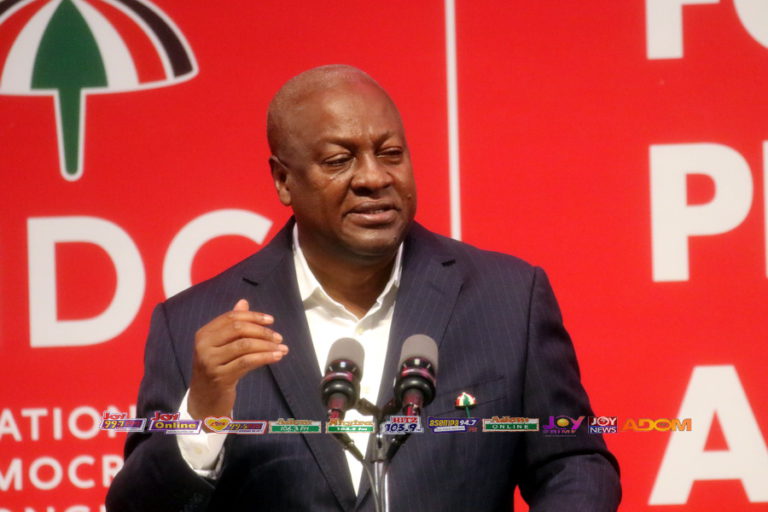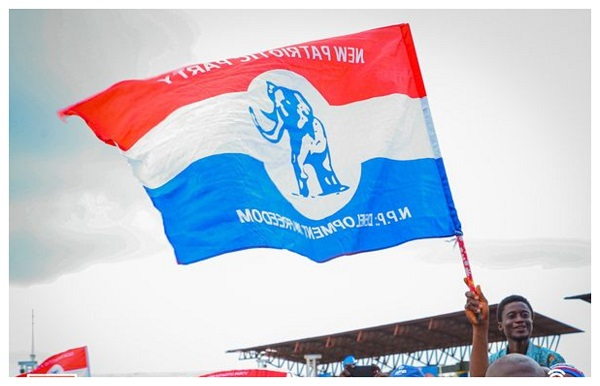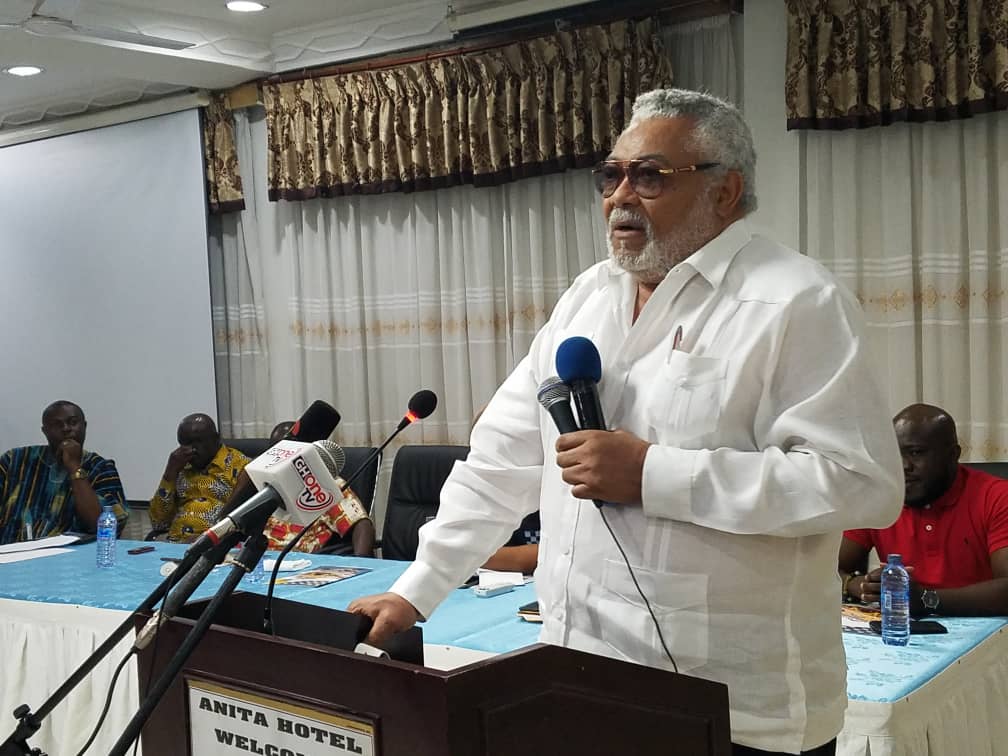Supreme Court Case Filed Against President Mahama — Justice Srem Sai Reveals

Deputy Attorney General and Minister of Justice, Justice Srem Sai, has confirmed that President John Dramani Mahama is currently facing legal action in the Supreme Court. The revelation, which has generated widespread public interest, raises questions about presidential accountability, constitutional checks, and the broader implications for governance in Ghana.
The Lawsuit Against the President
According to Justice Srem Sai, the case has been filed against the state, with President Mahama implicated as a respondent in his capacity as the Head of State. While specific details of the lawsuit are yet to be made public, legal observers suggest that it may involve constitutional interpretations regarding the powers and responsibilities of the President.
The revelation has drawn attention because lawsuits directly involving a sitting President are rare. Under Ghana’s 1992 Constitution, the President enjoys certain immunities from prosecution while in office, except in cases involving allegations of misconduct or constitutional violations. This case could therefore test the boundaries of those protections.
Constitutional and Legal Implications
The development has sparked debate among legal experts, political commentators, and citizens alike. Some argue that the case could serve as an important precedent for holding public office holders accountable, while others believe it may be politically motivated.
Justice Srem Sai, in his disclosure, emphasized that the matter is a constitutional one and falls squarely within the jurisdiction of the Supreme Court. He noted that the judiciary will play a crucial role in interpreting the law and determining whether the case has merit.
“The Supreme Court is the final authority when it comes to constitutional interpretation. Whatever ruling it makes on this matter will stand as binding precedent for future cases involving the presidency,” he said.
Public Reaction
The news has sparked conversations on social media and in political circles. Supporters of President Mahama have dismissed the case as an unnecessary distraction, suggesting it is designed to undermine his administration. Others, however, have welcomed the development as a sign that no one is above the law, not even the President.
Civil society groups have also called for transparency, urging the judiciary to handle the case with fairness and impartiality. Many have stressed that the outcome of this case will either strengthen public trust in the judiciary or deepen skepticism about political influence over legal processes.
What Happens Next?
As of now, the Supreme Court is yet to set a hearing date. Legal analysts predict that preliminary hearings will focus on whether the President can be directly sued while in office and the extent of his constitutional immunity.
If the court allows the case to proceed, it could open a new chapter in Ghana’s democratic journey, where presidential actions are tested against the constitution in real time. Conversely, if the case is dismissed, it may reinforce existing interpretations of presidential immunity.
A Defining Moment for Ghana’s Democracy
This case is shaping up to be one of the most closely watched legal battles in recent years. It highlights the delicate balance between executive power and judicial oversight, while also reaffirming the importance of constitutional governance.
For many Ghanaians, the bigger picture goes beyond President Mahama—it is about ensuring that institutions remain strong and that the principle of accountability applies to all, regardless of status or political office.
As the legal process unfolds, the spotlight will remain firmly on the Supreme Court to deliver a ruling that upholds both the constitution and the democratic values of Ghana.
Source: Thepressradio.com





